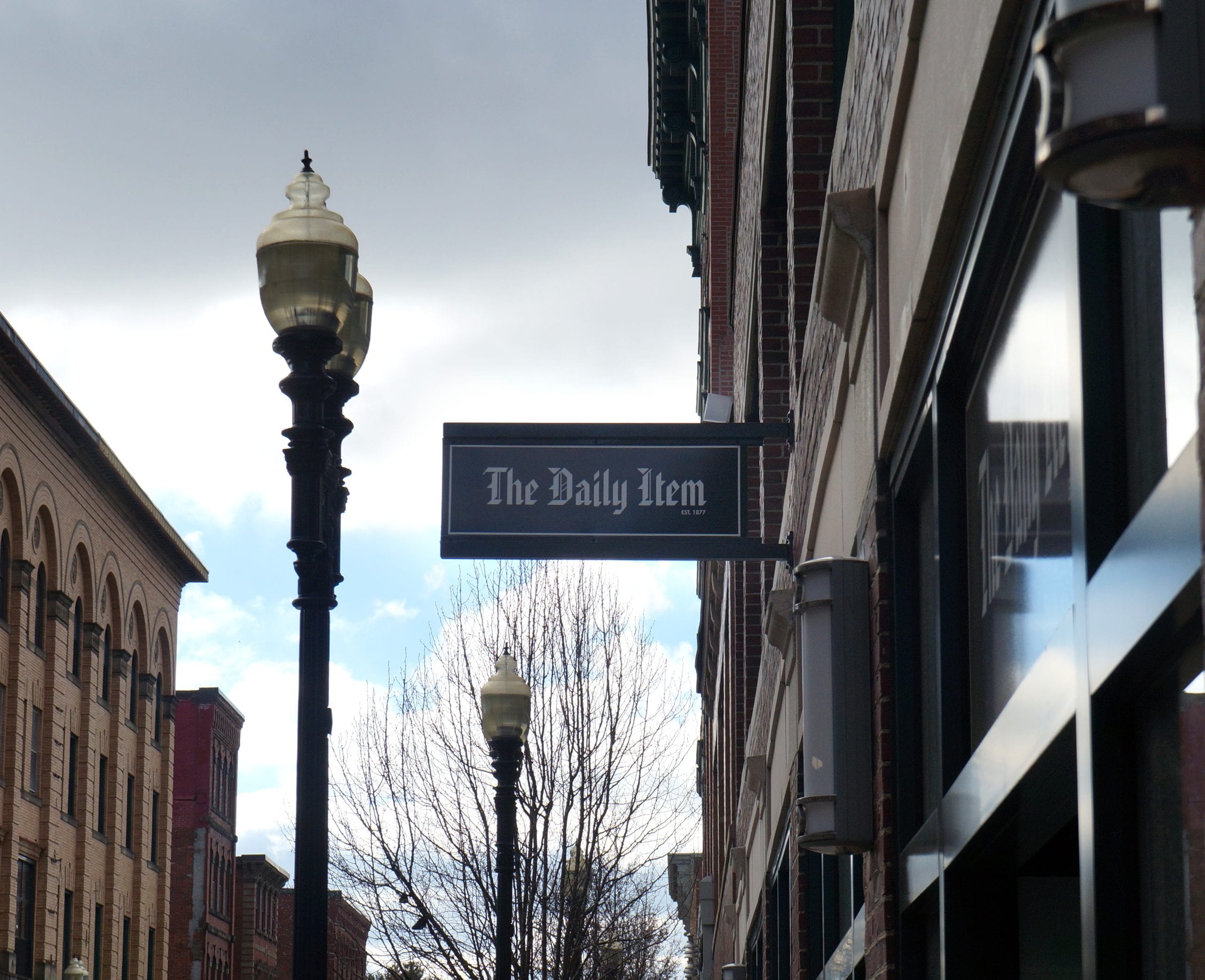LYNN —Â According to a study conducted for the New Lynn Coalition, the median income in Lynn is two-thirds that of the state average and it has fallen by 5 percent in the past 20 years while the state’s median income has risen by 10 percent.
“Why do you think that is?” asked New Lynn Coalition member Wendy Josephs.
The study states that low levels of education coupled with a high percentage of the population with limited English leads the workforce primarily to low paying jobs, Josephs explained.
Josephs, along with Miguel Carrasco, presented the study during a jobs forum that was as much about putting a face on what the coalition calls a crisis as it was about discussing ways to address it.
“It was about getting the ward councilors here,” said organizer Carly McClain. “It was about wanting people to know what the job crisis looks like ”¦ and putting some meat behind it.”
More than 100 residents, city officials and candidates along with state Sen. Thomas McGee and state Rep. Steven Walsh crowded into the Lynn Museum, many using the programs as fans and all to discuss the city’s lack of jobs and job training.
Mike Sweeney, director of the city’s Department of Veterans Services, Ana Escobar, Director of the Iraqi and Arab Community Association Iman Shati, and Nefty Alvarez, who said his life was changed after given the chance to participate in a manufacturing training program, represented the faces of the jobs struggle.
Conny Doty, director of Jobs and Community Services for the city of Boston, represented a possible solution. Doty talked about the basics of Linkage, a program launched in Boston in 1983 that requires any developer building a large scale projectÂ
to pay a set dollar amount into two pools. One pool is a housing fund and the second is job development.
“They said there would never be another building built if it passed,” she said. “I don’t know if you’ve been in Boston since 1983 but there have been buildings built and there is a crane on every corner.”
Doty said the city has also invested $1.5 million to $2 million per year in adult literacy and skills training as a result of the program, which is embedded in the city’s zoning ordinances.
North Shore Labor Council President Jeff Crosby said the other avenue to rectifying the job situation is to make jobs in the city better. He suggested unionizing and raising the minimum wage.
Crosby said he met a man who has cleaned the floors for one of the largest corporations in the nation for seven years but still makes $8 an hour, has never had paid time off nor benefits. He could benefit from a union, Crosby said.
The argument against raising the minimum wage is that businesses will be forced to lay people off, which will ruin the economy but that has been proven untrue, Crosby said.
“There are 6,000 people in Lynn and I think that includes Nahant and Saugus that would be affected by an increase in minimum wage, and if they get a raise will use that money to pay rent and spend it at the corner store,” he said.
Miguel Carrasco said that this is not the first time in recent history that there has been a jobs or education crisis in this country and he is sure once again they will find answers.
“There is no way we can’t fix this,” he said. “With all these good intentions ”¦ there is no reason we can’t fix it.”

